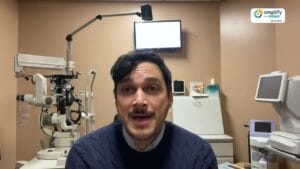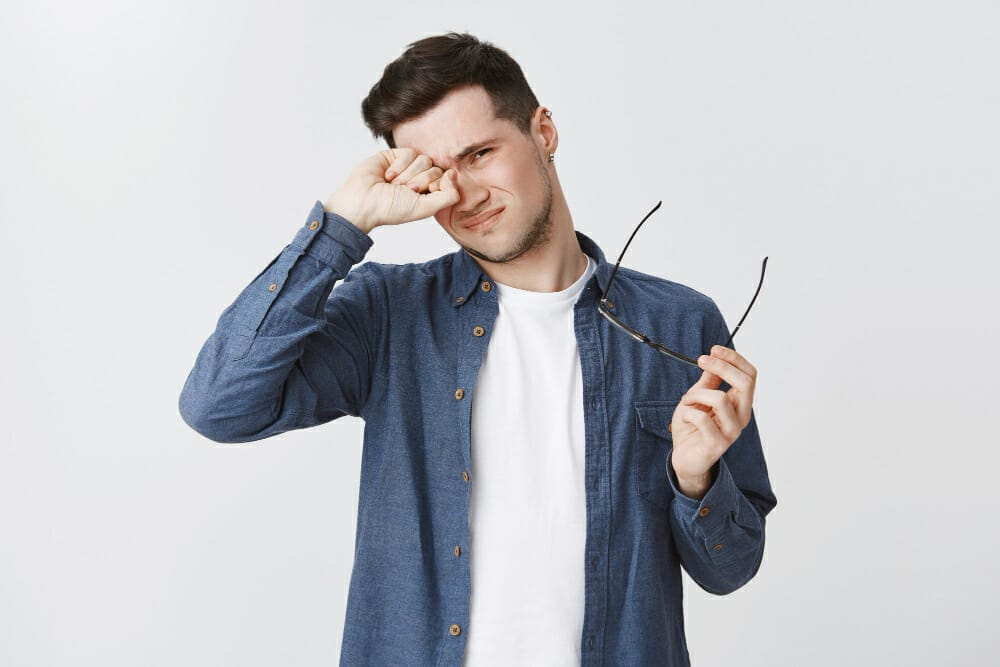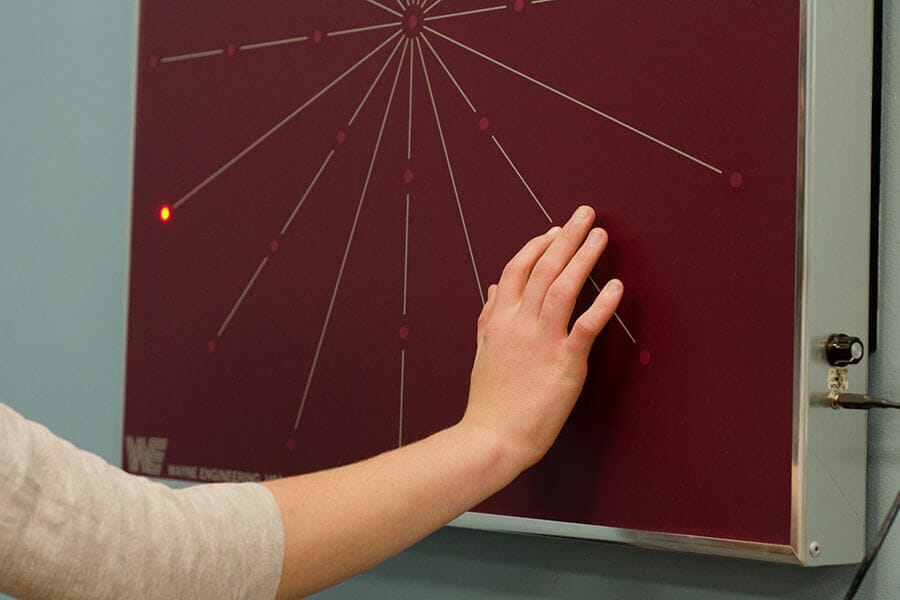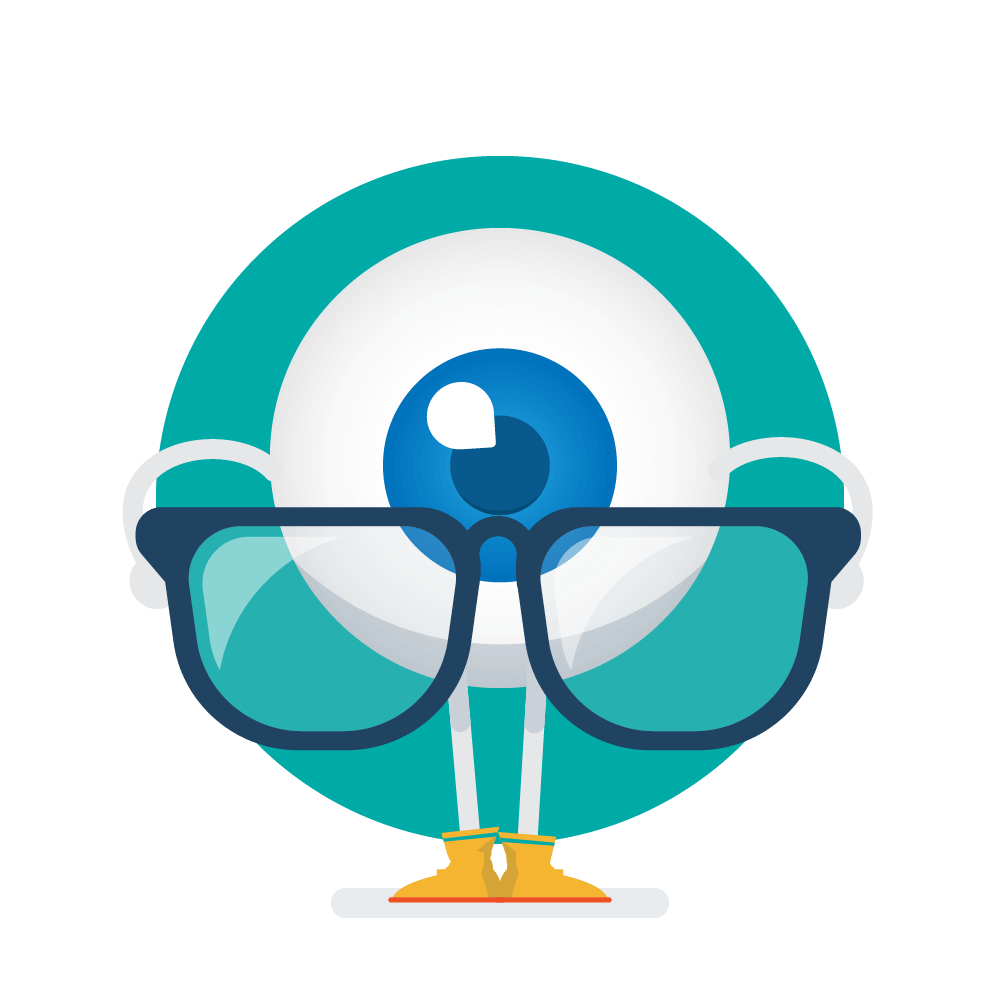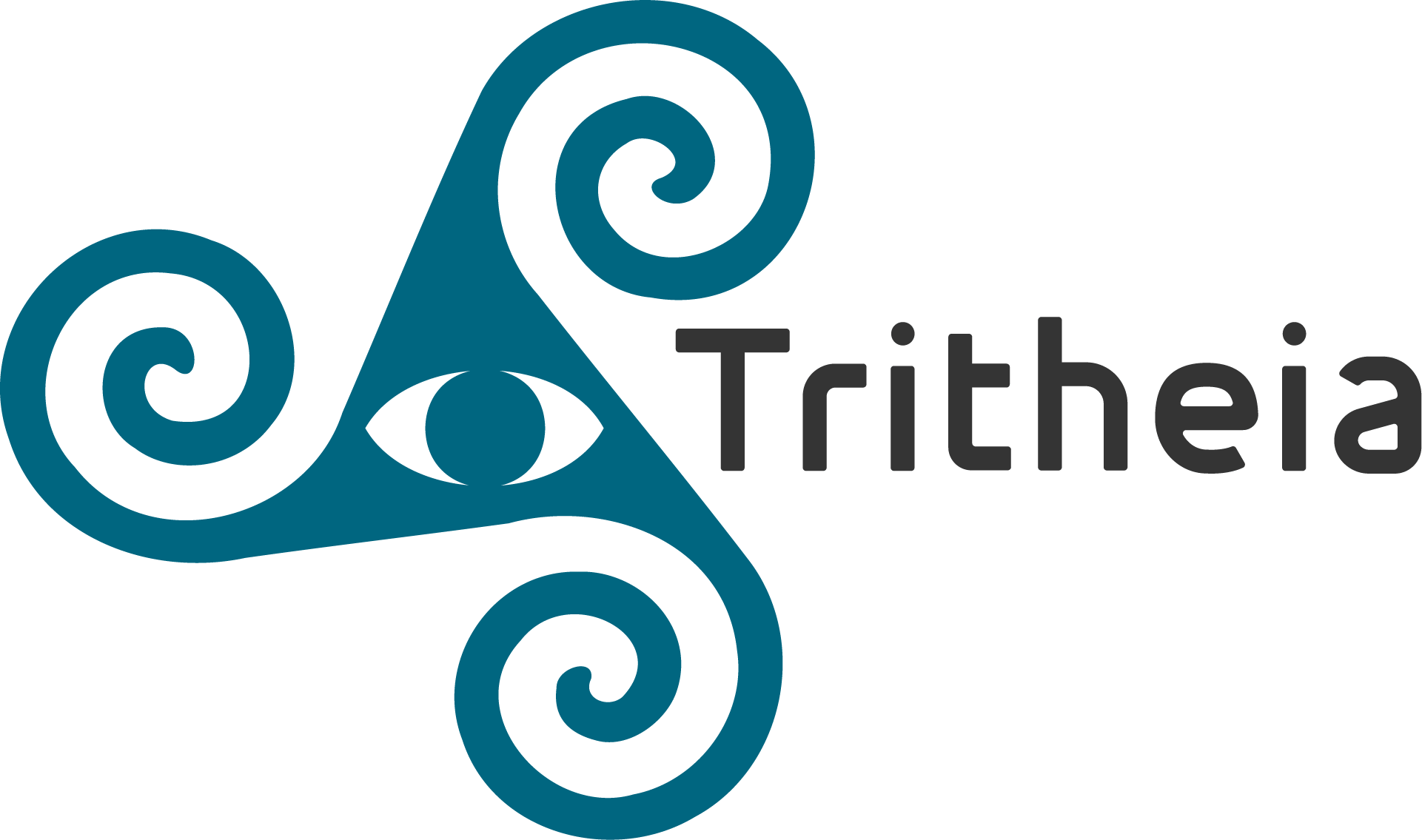Headaches, Neck Pain, and Eye Strain
Straining your eyes when you read makes them extra sensitive to light and requires your brain and the structures behind your eyes to work harder than they should. The more you strain, especially if you’re reading reports on your computer all day, you’re more likely to suffer from neck pain, back pain, eye strain, photophobia, and headaches. Additionally, if you use pain medication regularly in order to treat these aches and pains, you may be putting yourself at risk of other serious and irreversible gastrointestinal problems.
Tilting your Head, Neck, or Screen
You may not realize that you’re engaging in these compensatory behaviors, but individuals who suffer from blurry or double vision often counteract their discomfort by adjusting what and how they read. By extension, this can cause further discomfort to your head, back, and eyes.
Losing Your Place When You Read
If it feels like words seem to jump, move, or appear disconnected from one another when you read, you are probably experiencing poor oculomotor function. This is not only extremely frustrating, but it hinders your ability to understand what you read, and to convey it to others properly.
Reading with One Eye Closed
Individuals with double vision who simply cannot get both eyes to (literally) be on the same page, are likely to read by covering or closing one eye in order to bring what they’re reading into focus. You can address any underlying vision conditions that are causing these symptoms and improve your vision, which will make reading less exhausting for you.


